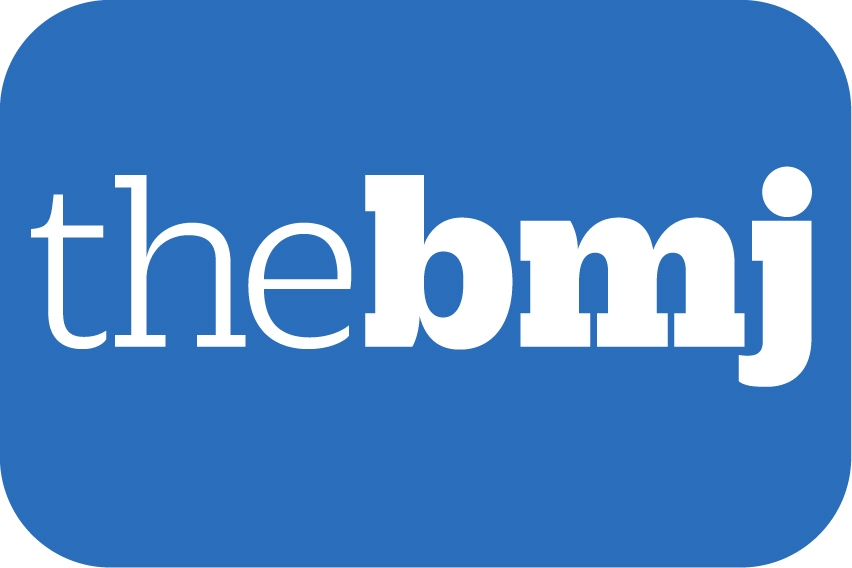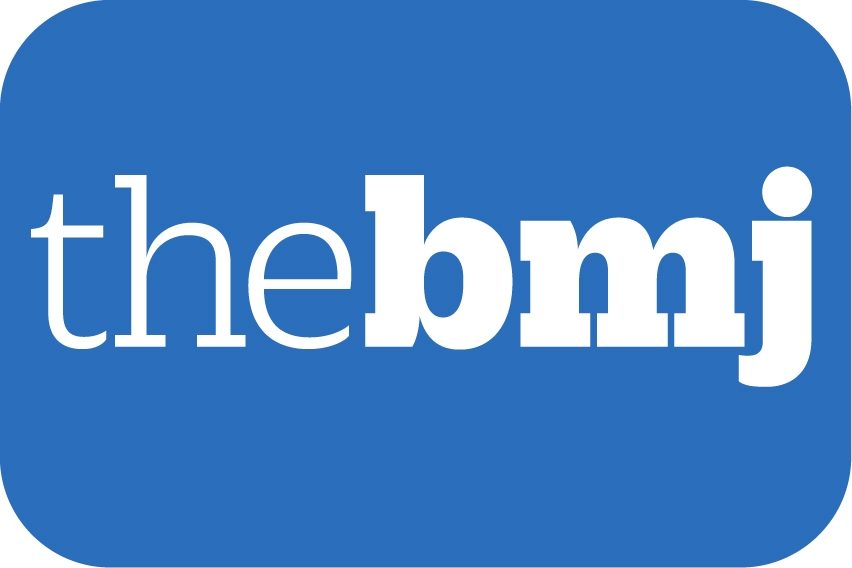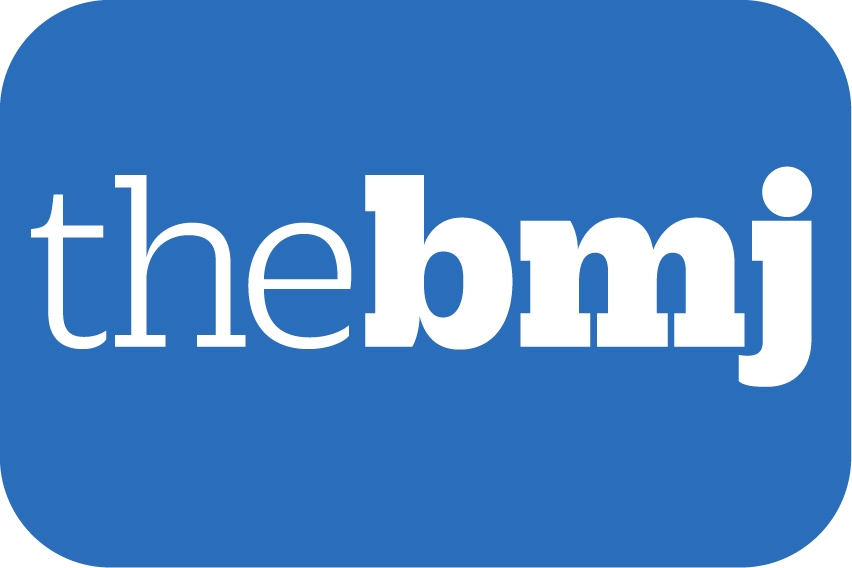内容精选
Content Selection
《英国医学杂志》主编推荐
The BMJ Editor's Choice
-

-
Tick tock, how long have I got?
时间:2017-02-08
发布:Rebecca Coombes,Head of News and Views, The BMJ
分享:
The old song tells us “Enjoy yourself, it’s later than you think.” The factors that help predict our life spans provide a clear theme in The BMJ this week. First is the (broadly) good news, from the UK Office for National Statistics: we are all living longer. A girl born in 2015 can expect to live to 83, a boy to 79. The potential causes of variation around average life expectancy are many: genetic inheritance, lifestyle, wealth, employment, and, as John Appleby writes (doi:10.1136/bmj.j346), “consumption of everything—from education to recreational drugs to healthcare.” Our intrepid economist gamely plugs his personal details into a range of online “death clocks” in a bid to cut through the uncertainty and generate a hard life endpoint. Basic ONS life tables suggest that May 2040, about a month after Appleby’s 82nd birthday, is the sobering answer. But the death clocks produce a bewildering range “from 67 (eek!) to 89 (yay!).” He concludes that death clocks should come with a health warning.
After the quick fix of online prediction tools comes a slower cooked but vastly more significant perspective. David Batty and colleagues (doi:10.1136/bmj.j108) provide evidence of a possible predictor of mortality among patients with cancer. Using unpublished data pooled from prospective cohort studies, they find that anxiety and depression may be linked to an increased risk of death from some cancers. The findings are observational, but the authors say they add to the growing evidence that psychological distress could be predictive of certain physical conditions.
From emerging evidence to evidence that is being tragically overlooked. Many thousands of lives were cut short in west Africa in the recent epidemic of Ebola virus disease. A new analysis by a team of international experts reports that a faster, more coordinated response could have prevented 11 000 deaths (doi:10.1136/bmj.j280). Suerie Moon and fellow authors examined seven reports on the global response to Ebola, which they found all largely agreed on what went wrong and what needs to be done. But, they warn, the world will be no better prepared for the next pandemic unless we get increased resources and new monitoring and accountability mechanisms. The clock is ticking.
BMJ 2017; 356 doi: https://doi.org/10.1136/bmj.j414 (Published 26 January 2017)
Cite this as: BMJ 2017;356:j414 -

-
Too much chemotherapy
时间:2017-01-22
发布:Fiona Godlee, Editor in Chief, The BMJ
分享:
People with cancer are living longer now than 40 years ago. This is clearly good news. But how much of this improvement can we attribute to drug treatment? Not much, concludes Peter Wise this week in an article I humbly suggest all oncologists should read (doi:10.1136/bmj.i5792). The nearly 20% improvement in five year survival over the past four decades is probably mainly due to improved early diagnosis and treatment rather than developments in cytotoxic chemotherapy, he says. And patients are being badly misled by over-enthusiastic accounts of what chemotherapy can achieve. Many expect a cure. In reality they will gain on average only a few months of extra life.
The roots of this over-enthusiasm are sadly familiar but worth recounting in the specific highly charged and intensive context of cancer. Wise, a medical ethics consultant and former consultant physician, doesn’t mince his words. Unrepresentative, industry funded trials that use surrogate endpoints are part of the problem. So too are regulatory failures, perhaps explained by regulatory capture in which “the regulator risks being regulated by the industry that it has been appointed to regulate.”
Unjustified enthusiasm for cancer drug treatments comes at huge cost, financial and personal (including treatment related deaths and reduced quality of life), and increased risk of dying in hospital rather than at home. Many patients don’t realise that opting for supportive rather than active treatment—often called “refusal”—is an option and may give them longer as well as better quality life than chemotherapy. Conflicts of interest among clinicians compound their reluctance to have tricky conversations.
If improved survival is indeed largely due to early diagnosis and treatment, how is this best achieved? Many patients visit their GP with vague or non-specific symptoms. How should these be investigated and followed up without causing unnecessary alarm or wasting precious resources? As Brian Nicholson and colleagues explain (doi:10.1136/bmj.i5515), “safety-netting” aims to ensure that patients don’t drop through the healthcare net and are monitored until symptoms can be explained. But there is little evidence on whether this works or how to do it well. In particular, how much responsibility should patients be expected to take in chasing up and understanding test results? The authors encourage a sharing of this responsibility between clinicians and patients, but also clear communication and robust systems to prevent patients falling through the net.
Wise concludes with a call for higher bars for drug approval for new and existing drugs. Ethical cancer care demands empowerment of patients, he says, with accurate, impartial information followed by genuinely informed consent. And funds and attention should shift to prevention, early detection, prompt and radical treatment of localised and regional disease, and early provision of supportive care. Only then will cancer care serve patients rather than governments and industry.
BMJ 2016; 355 doi: https://doi.org/10.1136/bmj.i6027 (Published 10 November 2016)
Cite this as: BMJ 2016;355:i6027 -

-
In search of a good nanny
时间:2017-01-22
发布:Sophie Cook, clinical reviews editor, The BMJ
分享:
Nannying, like medicine, is a vocation. The good nanny was everything a family could wish for: she cared for, helped, and guided her family to make their own decisions, knowing when to interfere and, crucially, when to butt out.
This week Simon Capewell and Richard Lilford debate whether, when it comes to states, nannying makes us healthier and whether information or legislation is the way to change health behaviour (doi:10.1136/bmj.i6341). Lilford explains, “There can be no autonomy if the state, rather than the individual, is the custodian of personal values.” He warns, “The nanny state’s impatient and sometimes self righteous zeal could do more harm than good.” Capewell argues that, on the contrary, a “nanny state means ensuring a healthy environment for all” and underpins every health determinant in Ivan Maslow’s hierarchy of needs, such as safety and love, to allow us to enjoy our health and fulfil our true potential.
One group lacking many fundamentals of Maslow’s pyramid is homeless people, who often struggle to access healthcare. Anne Gulland describes how some successful UK projects have broken down barriers to services (doi:10.1136/bmj.i6511). Helpful tips include drop-in clinics, more flexible appointment times, and awareness that lack of a permanent address is not a barrier to registering with a GP.
From a group that struggles to access healthcare to a group offered it in abundance: pregnant women. Karin Nelson and colleagues look at the role of electronic fetal monitoring in labour and at how an intervention that was initially introduced to reduce cerebral palsy (it has not) has subsequently been linked to increased rates of caesarean delivery and litigation (doi:10.1136/bmj.i6405). They call for doctors, courts, and the public to recognise the lack of proof for routine electronic monitoring and remind us that technologies in healthcare can have unintended consequences.
And finally, as we approach the end of a turbulent year in the NHS Margaret McCartney tells us it’s a sense of vocation that keeps it going (doi:10.1136/bmj.i6526), with doctors committed to going the extra mile. But this commitment also means that professionals can be exploited, she says, and that vocation “needs to be ballsy and capable of rebellion.” Will 2017 bring the “righteous vocational fury” she is hoping for?
BMJ 2016; 355 doi: https://doi.org/10.1136/bmj.i6565 (Published 08 December 2016)
Cite this as: BMJ 2016;355:i6565




 京公网安备 11010502034496号
京公网安备 11010502034496号